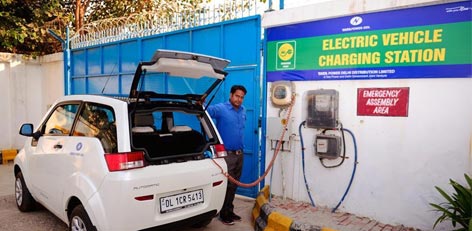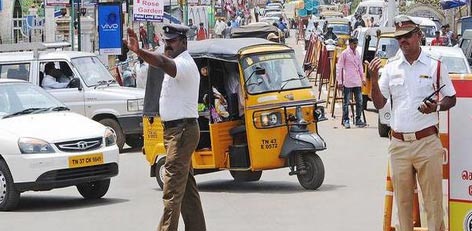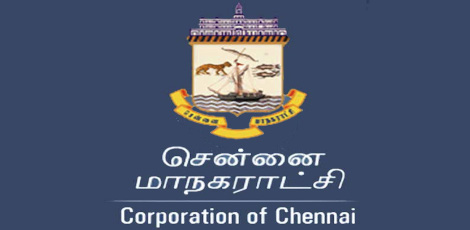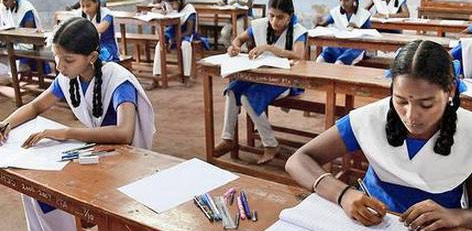Charging Stations for every 3 Km for Electric Vehicles
Posted on: 18/May/2018 4:09:02 PM

Central Government proposed a plan to incorporate the infrastructural arrangements for charging electric vehicles in big cities and also the adjoining highways. So the charging stations will be installed for every 3 kms inside the cities with over a million population and also in every 50 kms interval of National Highways.
According to the official reports from the Central Government the phase-wise construction was planned to meet the requirements of charging the electric vehicles in both slow and fast process. The initial plan confirms the installation of 30, 000 slow charging stations and 15, 000 fast charging stations. The following plan will be executed within a 3 year construction model depending on the scope of city and highway administrations support.
Two High-Charge stations and at the least one fast-charge points are planned to install for every three kilometers in the city range. Companies installing these stations will receive a fiscal incentives from the municipal authorities. Government will allot the land for the charging station to the companies that initiates the process of building the stations.
Governmental Power bodies like NTPC, Power Grid Corp and Indian Oil will come on-board to initiate the process of charging stations and then the allotment for other companies will be escalated as soon as possible for meeting the target of raising charging stations for every 3 kms.
NTPC started the setup of charging stations in Maharashtra while Power Grid Corp signed an agreement with L&T Metro Rail to start the construction in Hyderabad. The e-Cars and e-Autos were the main concern of charging vehicles in these electrical stations.
Many Automobile Companies are directing their future plans to build affordable vehicles entirely running on electricity. Maruti Suzuki announced its plans to introduce mass production of e-Cars revolutionizing the Indian Roads within the year 2030. Central Ministry were also aware of this modern electric trend in vehicles replacing the petrol-diesel options. So the only way to meet the huge fuel requirements in India is to encourage and provide incentives for such projects developing e-Vehicles and charging stations all over the nation.Charging Stations for every 3 Km for Electric Vehicles
Central Government proposed a plan to incorporate the infrastructural arrangements for charging electric vehicles in big cities and also the adjoining highways. So the charging stations will be installed for every 3 kms inside the cities with over a million population and also in every 50 kms interval of National Highways.
According to the official reports from the Central Government the phase-wise construction was planned to meet the requirements of charging the electric vehicles in both slow and fast process. The initial plan confirms the installation of 30, 000 slow charging stations and 15, 000 fast charging stations. The following plan will be executed within a 3 year construction model depending on the scope of city and highway administrations support.
Two High-Charge stations and at the least one fast-charge points are planned to install for every three kilometers in the city range. Companies installing these stations will receive a fiscal incentives from the municipal authorities. Government will allotot the land for the charging station to the companies that initiates the process of building the stations.
Governmental Power bodies like NTPC, Power Grid Corp and Indian Oil will come on-board to initiate the process of charging stations and then the allotment for other companies will be escalated as soon as possible for meeting the target of raising charging stations for every 3 kms.
NTPC started the setup of charging stations in Maharashtra while Power Grid Corp signed an agreement with L&T Metro Rail to start the construction in Hyderabad. The e-Cars and e-Autos were the main concern of charging vehicles in these electrical stations.
Many Automobile Companies are directing their future plans to build affordable vehicles entirely running on electricity. Maruti Suzuki announced its plans to introduce mass production of e-Cars revolutionizing the Indian Roads within the year 2030. Central Ministry were also aware of this modern electric trend in vehicles replacing the petrol-diesel options. So the only way to meet the huge fuel requirements in India is to encourage and provide incentives for such projects developing e-Vehicles and charging stations all over the nation.







